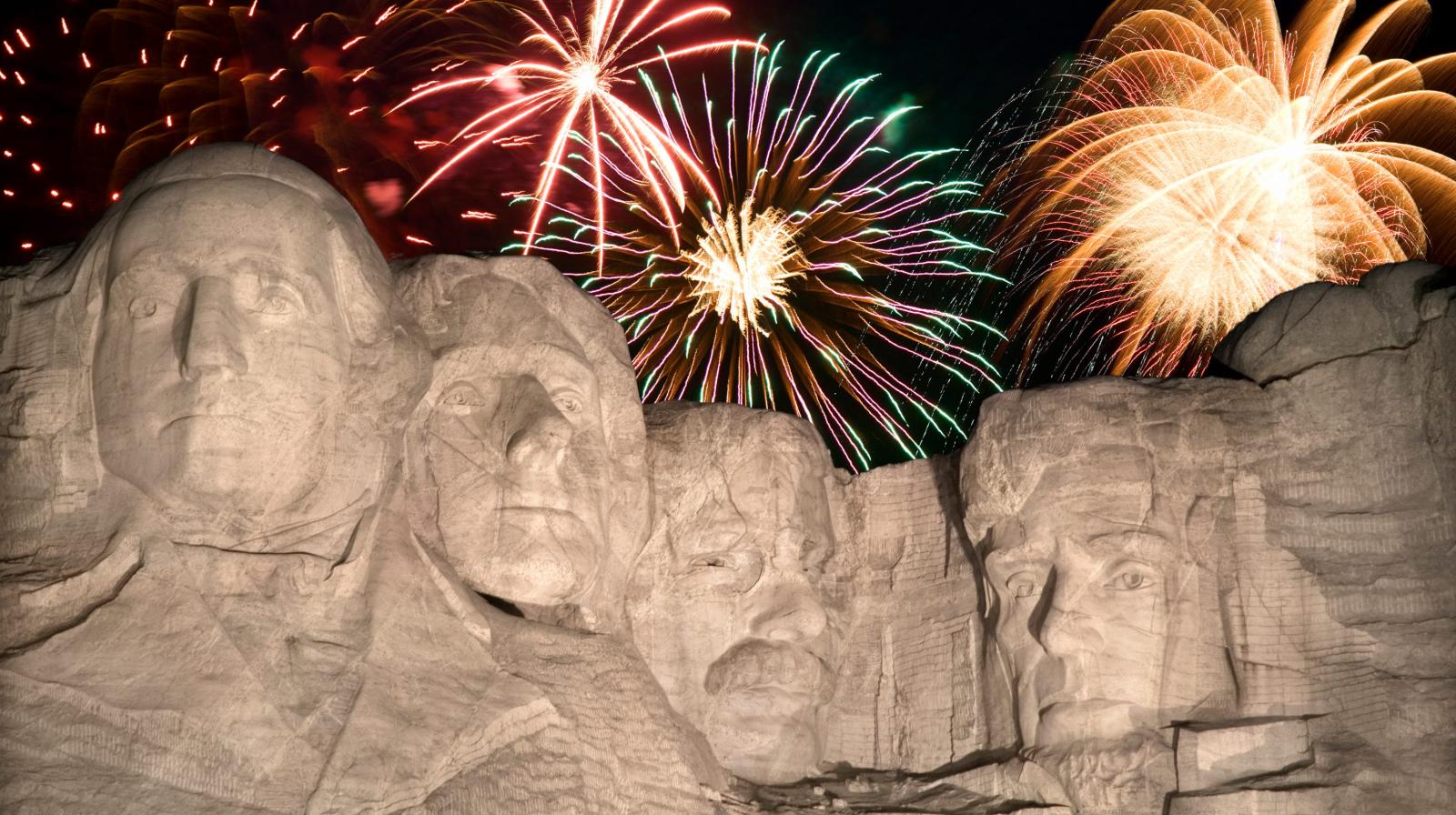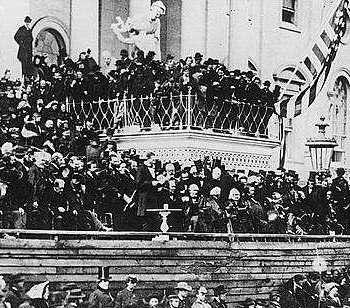by David Bellavia and Dr. Marc Epstein

This 4th of July is like no other that we’ve ever seen before.
A highly contagious virus courtesy of China has morphed into a worldwide pandemic, leaving over 130,000 Americans dead in its wake.
Social distancing is the watchword of the day, so parades, large gatherings, and the usual assortment of celebrations have been cancelled or curtailed.
Whether by design or happenstance, civil unrest in our cities are another feature of an increasingly surreal American landscape. Some suggest that the protracted lockdown designed to staunch the virus’s spread contributed to these riots, while others suspect it was an irresistible opportunity for a class of people who believe America is illegitimate and irredeemable.
Iconoclasts are toppling statues of our discoverers, founders, and heroes of American history, while educators, politicians, and corporate executives, either cooperate, kowtow, stand idly by, or promote the expunging of our past in their headlong rush to render the United States a tabula rasa in preparation for their own refashioning of it in their image. We can only guess what that “image” might be.
It has been called our “Jacobin” moment after the most radical phase of the French Revolution. Catholicism, the official religion of France, was banned and replaced by the Cult of the Supreme Being. A new calendar was adopted that began with the first day of the revolution. Sunday was eliminated. Labor organizations that protected skilled workers were abolished. Land was confiscated and redistributed. By the time the Reign of Terror, the most radical phase of the Revolution was brought to a violent halt, over 40,000 people had literally lost their heads.
And so on this July 4th, given the time we have to reflect on the greatness of this nation why don’t you sit down with your family and read the entire Declaration of Independence. .jpg)
Ask any American what the Declaration is about and they’ll tell you “all people are created equal”, and we have the right to “life, liberty, and the pursuit of happiness.” Or as Joe Biden said, “We hold these truths to be self-evident, all men and women created by — you know, you know, the thing.” And that’s where it ends. In the Age of FACEBOOK, TWITTER, and TIKTOK clipped messages are supposed to convey ideas, thoughts, and information. But they don’t.
The demographic of people who know nothing of their history, the foundation of civil society or how it operates grows inexorably in this “Information Age.”
The Greeks called these people idiots.
That was not always the case.
On July 4th 1776 the Declaration of Independence was approved by the Second Continental Congress, signed by John Hancock, the president of the congress, and forwarded to the thirteen original states. The first newspaper to carry the news of the Declaration was the German language Pennsylvanischer Staatsbote, edited by Heinrich Miller, on July 5th. John Dunlap had printed a broadside on the same day, and on July 6, The Pennsylvania Evening Post became the first newspaper to publish it. By the beginning of August, twenty-nine newspapers and hundreds of broadsheets had printed a copy of the Declaration.
Widely read and discussed, the body of the Declaration contains more than two dozen specific indictments of George III, for violating the laws of Parliament and refusing to accord the colonists the rights due to British subjects. In Jefferson’s words there was “a long train of abuses and usurpations” carried out by George III. If the document seemed familiar to the colonists, it’s because it most resembled another document that justified the removal of James II, and his replacement with William and Mary in 1688.
 In short, it is a law and order document.
In short, it is a law and order document.
On July 9, the Declaration of Independence was read in front of George Washington and his troops. Shortly thereafter a lead statue of George III on horseback located at Bowling Green, was pulled down by citizens and soldiers.
The statue would be melted down and used for ammunition. But none of five colonies named for British monarchs would change their names. The Carolinas for King Charles I, Georgia for George II, Maryland for the wife of Charles I, Virginia for Elizabeth the Virgin Queen, and New York, named for the Duke of York, who later became James II, the monarch deposed during the Glorious Revolution.
The first American revolution was only a partial success. The separation from Great Britain was settled when the Treaty of Paris was signed. But organizing a functional government with thirteen disparate colonies was another thing altogether. The Articles of Confederation proved unworkable and it was back to the drawing board in 1787. George Washington came out of retirement to preside over a convention that drafted the constitution we live under today.
There were debates, negotiations, and compromises hammered out before the new document was sent to the states for ratification. It has remained our governing document since 1789. But it too had unresolved problems that a series of compromises never resolved. Eventually it would result in our second revolution known to us as the Civil War.
The unresolved issue was the enslavement of blacks brought to America involuntarily. Abolishing this “Peculiar Institution” was why the Republican party came to be. When Abraham Lincoln became the first Republican to be elected president on an anti-slavery platform, a coalition of southern states decided that they had enough and formed a new country. Their reasoning was based on what they thought was the legal justification for the first revolution.
Lincoln pushed back aggressively and declared the act illegal and the ensuing hostilities a war of rebellion. In the course of the war Lincoln issued the Emancipation Proclamation, and 185,000 black soldiers would join the Union army. Close to 40,000 of them would perish. The infusion of black troops most certainly helped tip the balance during the bloodiest fighting of the war. Twenty-five black sailors and soldiers would be awarded the Medal Of Honor.
Four years, and according to revised estimates 750,000 deaths later, the war came to an end.
Lincoln planned for a reconciliation with the rebellious states while ensuring the rights of newly emancipated blacks who resided mostly in the south. It was articulated in the biblical cadences of his second inaugural address, the greatest of inaugural speeches, on March 4, 1865. He concluded, “With malice toward none, with charity for all, with firmness in the right as God gives us to see the right, let us strive on to finish the work we are in, to bind up the nation’s wounds, to care for him who shall have borne the battle and for his widow and his orphan, to do all which may achieve and cherish a just and lasting peace among ourselves and with all nations” 
In six weeks he would be dead with a bullet to the head from a Southern Democrat who would have none of that. The response of Radical Republicans was to call for a Draconian peace that would dissolve the southern states and wipe the slate clean. While all southern states that partook in the rebellion were Democrats, not all Democrats were secessionists. Lincoln purposely named Andrew Johnson, a southern Democrat as his vice president.
We all know that recalcitrant elements in the south were determined to return the social fabric of the old Confederacy to the status quo ante, and in many respects they succeeded. It would take more conflict, protests, and litigation to erase the old south. That process would last close to a century.
That’s where we are today. Either these events, these sacrifices, the blood that was shed have meaning or not. If not, a far bloodier reckoning awaits us.
First published in WBEN radio.
- David Bellavia is a recipient of the Medal of Honor from the war in Iraq. He is a contributor to WBEN.
- Marc Epstein is the author of “The Historians and the Geneva Naval Conference,” in Arms Limitation and Disarmament: Restraints on War, 1899-1939., his articles have appeared in The New English Review, EDUCATION NEXT, City Journal, New York Post, New York Sun, Washington Post. Dr. Epstein has been a frequent guest on WBEN programming.
- Like
- Digg
- Del
- Tumblr
- VKontakte
- Buffer
- Love This
- Odnoklassniki
- Meneame
- Blogger
- Amazon
- Yahoo Mail
- Gmail
- AOL
- Newsvine
- HackerNews
- Evernote
- MySpace
- Mail.ru
- Viadeo
- Line
- Comments
- Yummly
- SMS
- Viber
- Telegram
- Subscribe
- Skype
- Facebook Messenger
- Kakao
- LiveJournal
- Yammer
- Edgar
- Fintel
- Mix
- Instapaper
- Copy Link






